In today’s digital age, the importance of copyright in education cannot be overstated. Understanding what constitutes copyright infringement and the consequences of such actions is crucial for educators.
This article will explore how to avoid copyright infringement by following fair use guidelines, obtaining proper licenses, and giving credit to original creators. We will also discuss the steps to take if accused of infringement and the resources available for addressing copyright issues in education.
Let’s delve into this topic and ensure that educators in Florida are equipped to navigate the complexities of copyright law.
Key Takeaways:
- Understand fair use guidelines to avoid copyright infringement in education.
- Obtain proper licenses and permissions to use copyrighted material in education.
- Give credit to original creators to properly acknowledge their work in education.
The Importance of Copyright in Education
Copyright is important in education as it helps protect the intellectual property of creators and ensures that institutions adhere to legal frameworks set by the U.S. Copyright Office. This is done to safeguard the exclusive rights of authors and creators in educational settings.
What is Copyright Infringement in Education?
Copyright infringement in education occurs when protected material is used without proper authorization, and this is regulated by laws like the Digital Millennium Copyright Act.
What are the Consequences of Copyright Infringement in Education?
The implications of copyright infringement in education can vary from legal consequences to lawsuits, as emphasized by experts such as Dr. Kenneth D. Crews from the University of North Carolina. Copyright infringement, when it occurs within educational institutions, not only breaches intellectual property rights but also poses a threat to the integrity of academic scholarship.
In recent times, there have been numerous high-profile legal cases where educational organizations have been taken to court for using copyrighted materials without authorization.
These instances have led to significant financial penalties and harm to their reputation. One example is a well-known university that was sued for disseminating copyrighted content without the necessary licenses, resulting in a substantial settlement and damage to their reputation.
Such occurrences serve as cautionary reminders, stressing the significance of adhering to intellectual property laws in educational environments.
How to Avoid Copyright Infringement in Education?
Avoiding copyright infringement in education requires a good understanding of fair use guidelines, obtaining the necessary licenses and permissions, and providing proper credit to the original creators.
1. Understand Fair Use Guidelines
Understanding fair use guidelines is important in education, as it permits the use of certain protected materials for transformative purposes, as long as they are not used for commercial purposes and focus on factual rather than original works.
Fair use provisions aim to find a balance between the rights of content creators and the societal need to access and use copyrighted materials. By allowing limited use of copyrighted works without permission, fair use encourages creativity, innovation, and education.
It is crucial to recognize that fair use is not a universal exception and should be assessed on a case-by-case basis. For instance, using a small portion of a copyrighted work for educational purposes may qualify as fair use, whereas reproducing the entire work for a commercial endeavor would likely not be covered by fair use protection.
2. Obtain Proper Licenses and Permissions
Acquiring proper licenses and permissions from the copyright holder or publisher is essential in education to legally use protected materials.
When looking to acquire these licenses and permissions, it is important to approach copyright holders or publishers with a clear and professional request outlining the intended use of the material. This demonstrates respect for the creator’s rights and increases the chances of a successful agreement.
Contracts are crucial in securing usage rights by clearly defining the terms of the agreement, such as the duration of use, scope of distribution, and potential royalties. Understanding the legal aspects of licensing and permissions ensures that educators can ethically incorporate copyrighted works into their teaching materials.
3. Give Credit to Original Creators
Recognizing original creators is a fundamental practice in education that respects their rights and acknowledges their contributions to scholarly content.
Proper attribution not only honors the hard work of researchers and scholars but also enhances the credibility of academic work. By citing sources accurately, students not only show respect for the intellectual property rights of others but also demonstrate their own integrity and commitment to academic honesty.
Faculty play a crucial role in teaching students how to properly attribute sources through workshops, guidelines, and incorporating citation practices into their curriculum. By emphasizing the importance of accurate referencing, educators instill a strong foundation of ethical research practices in their students.
What are the Steps to Take if Accused of Copyright Infringement in Education?
When faced with an accusation of copyright infringement in education, it is important to follow specific steps such as:
- Investigating the claim
- Seeking legal advice
- Responding appropriately
1. Investigate the Claim
The initial action to take when faced with a copyright infringement accusation is to analyze the claim by inspecting the material in question and collecting information about its origin and utilization.
This procedure includes carefully examining the supposedly infringing material to detect any resemblances with the copyrighted work. It is important to authenticate the sources of both the original and disputed content to assess the validity of the claim.
Gathering pertinent evidence may involve recording the dates of creation, publication, and any discussions related to the dissemination of the material. These measures are vital in developing a thorough comprehension of the alleged infringement and laying a solid groundwork for subsequent steps.
2. Seek Legal Advice
Obtaining legal advice from a qualified lawyer is important when dealing with an accusation of copyright infringement to ensure protection of your rights and readiness for any potential legal actions. By engaging with a lawyer, you can access their knowledge of copyright law, which can assist you in navigating the intricate legal system with assurance.
A lawyer can examine the evidence, counsel you on available choices, and advocate for your best interests during negotiations or court hearings. Identifying suitable legal support can be accomplished by soliciting recommendations from reliable sources, reviewing online feedback, and arranging preliminary meetings to evaluate the lawyer’s expertise and approach.
Throughout the legal process, you can anticipate transparent communication, strategic counsel, and a committed representative striving to uphold your rights throughout the proceedings.
3. Respond to the Claim
Dealing with a copyright infringement claim requires cooperation with a legal representative to develop a formal response that acknowledges the accusations and presents your standpoint.
Collaborating with legal counsel is essential for grasping the legal consequences of the claim and creating an effective defense plan. Following initial discussions, the focus shifts to preparing a comprehensive response that is legally valid and straightforward.
This reply should address each allegation individually and offer evidence to support your position. The organization’s involvement is crucial in providing essential documentation and direction to guarantee adherence to legal protocols.
What are the Resources Available for Addressing Copyright Issues in Education?
Multiple resources exist for dealing with copyright matters in education, such as copyright education organizations, legal assistance programs, and online copyright tools and resources.
1. Copyright Education Organizations
Copyright education organizations like the American Library Association (ALA) and institutions such as the University of Texas that promote the TEACH Act play a significant role in increasing awareness and offering guidance on copyright matters.
These organizations act as valuable resources for educators and students, providing workshops, webinars, and educational materials to help navigate the complexities of copyright law. For example, ALA offers online courses and publications specifically designed for librarians and educators, giving them the necessary knowledge to ethically use copyrighted materials.
Likewise, the University of Texas offers information on fair use, licensing, and digital content, enableing educators to make well-informed decisions when utilizing copyrighted materials in their teaching. By promoting a culture of respect for intellectual property rights, these organizations endorse a balanced approach to copyright education within academic environments.
2. Legal Assistance Programs
Legal assistance programs serve as crucial resources for both educational institutions and individuals dealing with copyright issues, granting access to experienced lawyers and legal guidance. These programs offer specialized services designed to assist in navigating the intricacies of copyright law, providing help in areas such as copyright infringement, licensing agreements, and safeguarding intellectual property.
Through utilizing these legal resources, individuals can obtain professional advice on safeguarding their creative works, resolving conflicts, and adhering to copyright regulations. These programs frequently supply educational materials and workshops to increase understanding of copyright laws and enable stakeholders to make informed choices regarding their intellectual property rights.
3. Online Copyright Tools and Resources
Online copyright tools and resources, such as those provided by the U.S. Copyright Office and the Intellectual Property Office, along with educational content from institutions like Indiana University – Purdue University Indianapolis, offer valuable guidance on copyright compliance.
These platforms are designed to assist educators, students, and content creators in understanding and navigating the complex landscape of copyright laws. For example, the U.S. Copyright Office provides a wealth of information on registering copyrights, fair use exceptions, and infringement claims.
The Intellectual Property Office offers tools to help users determine if their work is protected by copyright and how to properly attribute works to avoid legal issues. Indiana University – Purdue University Indianapolis also provides resources such as online tutorials and webinars to educate faculty and staff on best practices for using copyrighted materials in educational settings.
Frequently Asked Questions
What are copyright issues in Florida education?
Copyright issues in Florida education refer to the legal concerns and regulations surrounding the use of copyrighted materials in educational settings.
Why is it important to address copyright issues in Florida education?
Addressing copyright issues in Florida education is crucial to ensure compliance with laws and uphold ethical standards in the use of copyrighted materials, protecting oneself from potential legal consequences.
What are the common types of copyright infringement in Florida education?
The most common types of copyright infringement in Florida education include using copyrighted materials without proper permission or licenses, distributing copyrighted materials without authorization, and incorporating copyrighted materials without proper attribution.
How can I avoid copyright infringement in Florida education?
To avoid copyright infringement in Florida education, it is important to obtain proper licenses or permissions for any copyrighted materials used, properly attribute sources, and only use materials within the scope of fair use guidelines.
What are the consequences of copyright infringement in Florida education?
The consequences of copyright infringement in Florida education can include legal action, fines, and damage to one’s reputation and credibility as an educator.
What resources are available to help address copyright issues in Florida education?
The Florida Department of Education, as well as various educational organizations and institutions, offer resources and guidelines to help educators navigate copyright issues in Florida education and ensure compliance with laws.


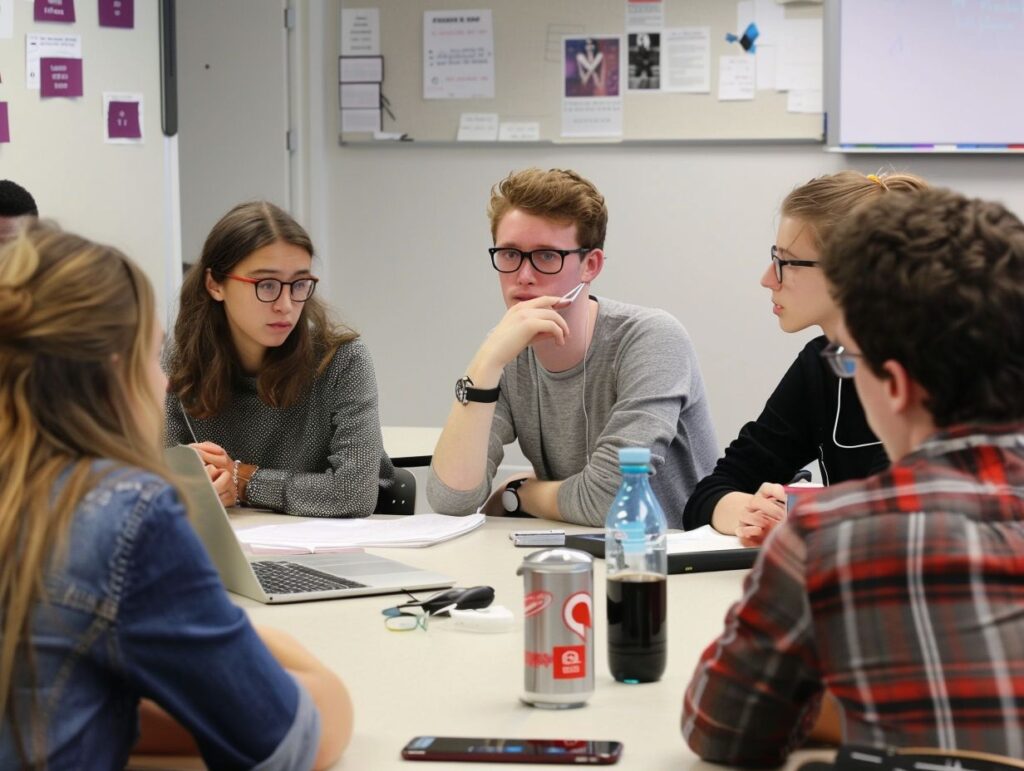
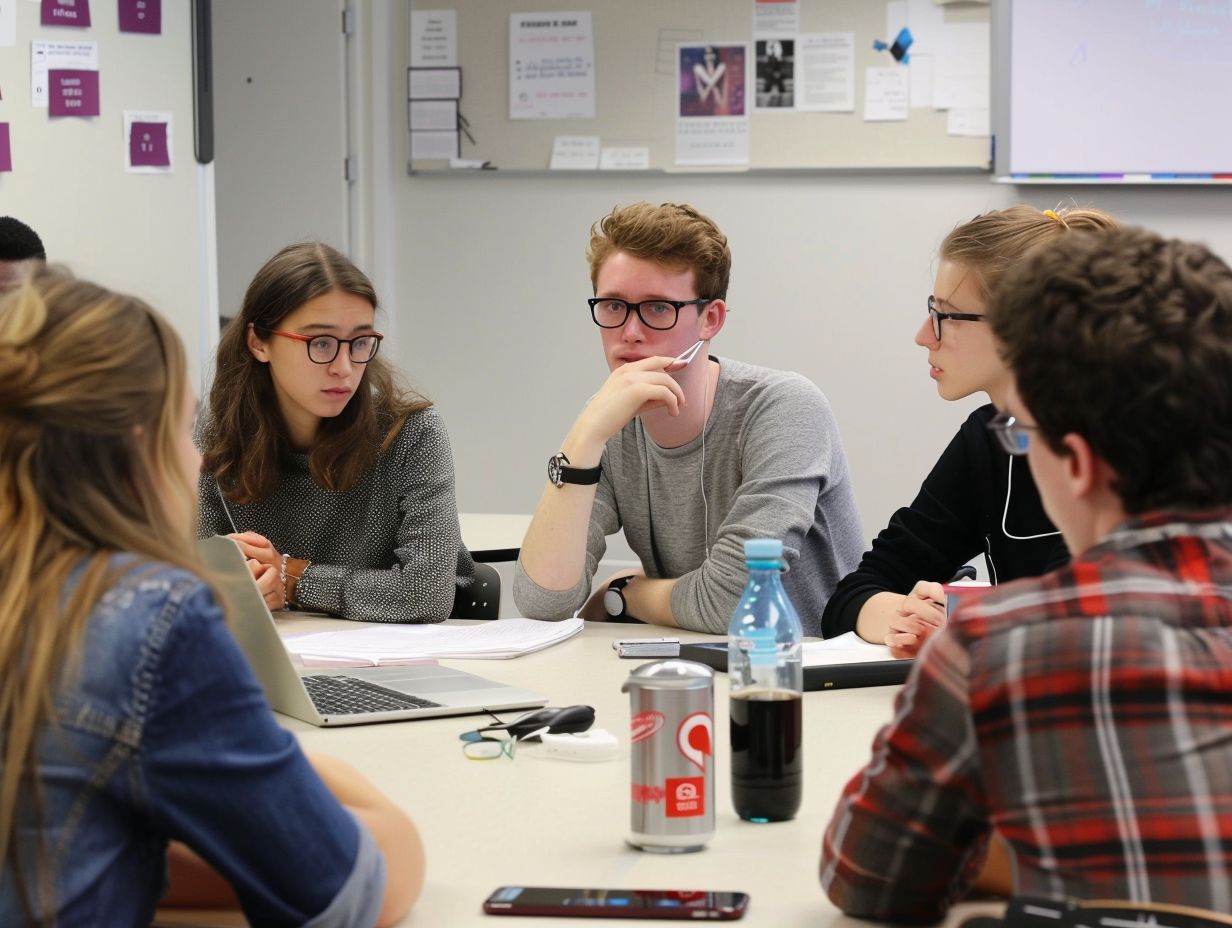
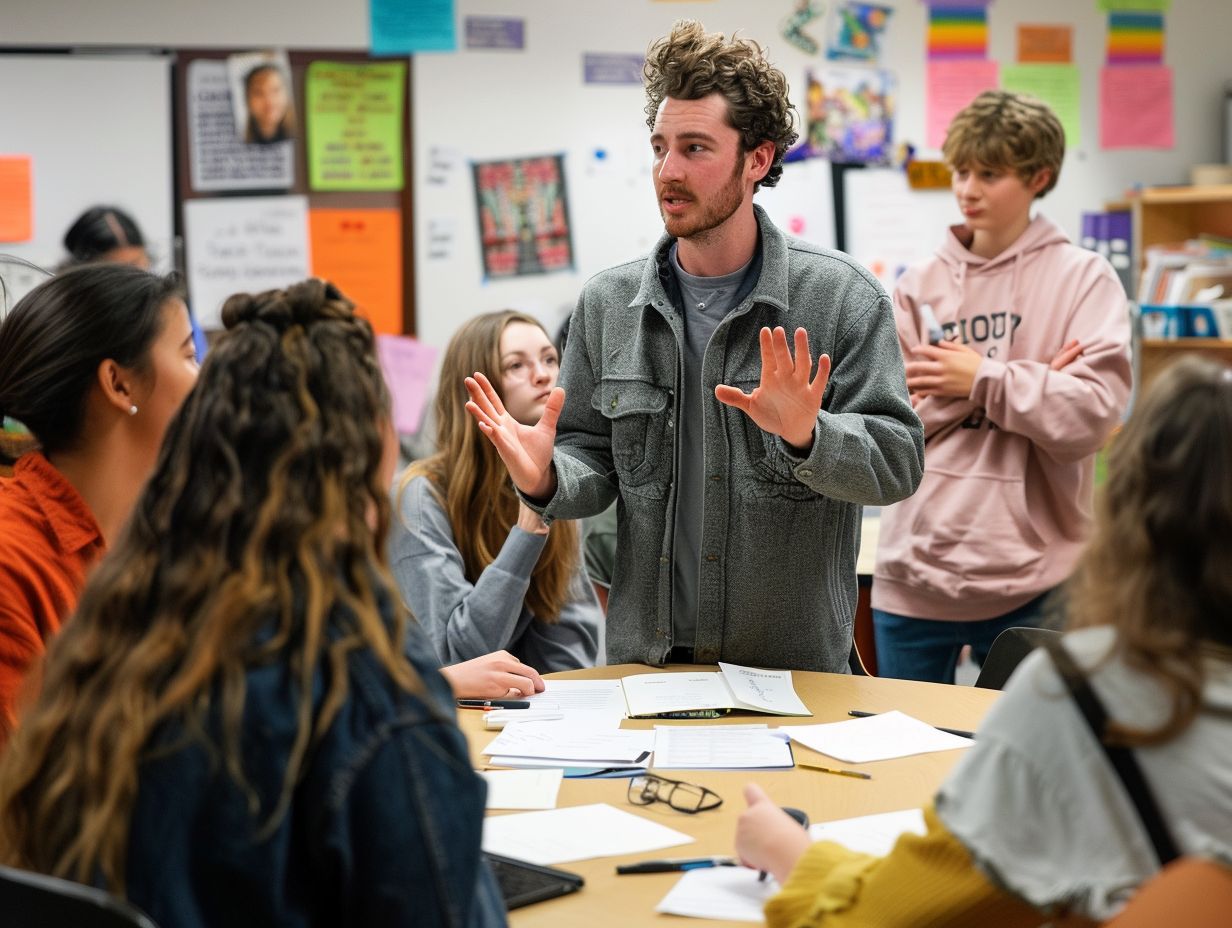
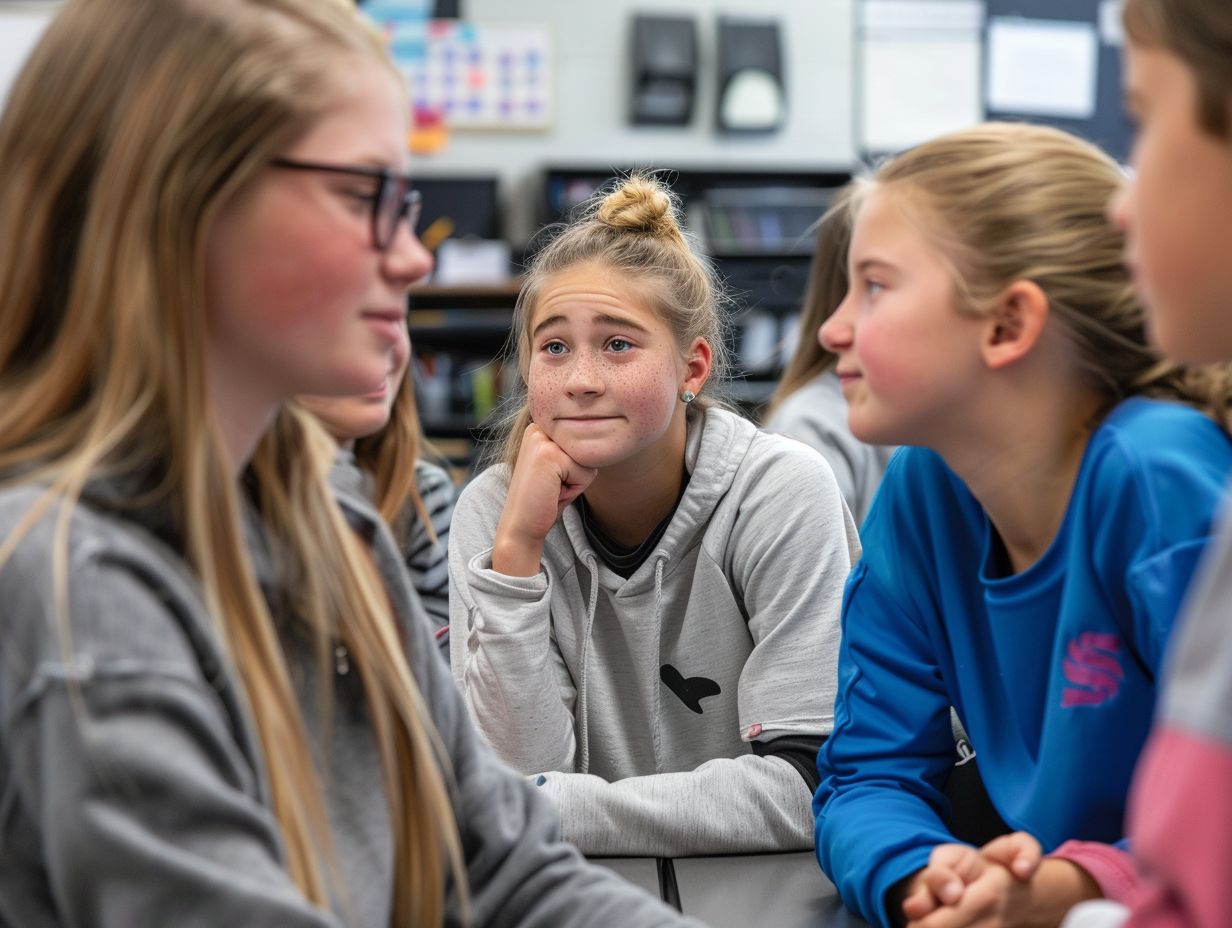
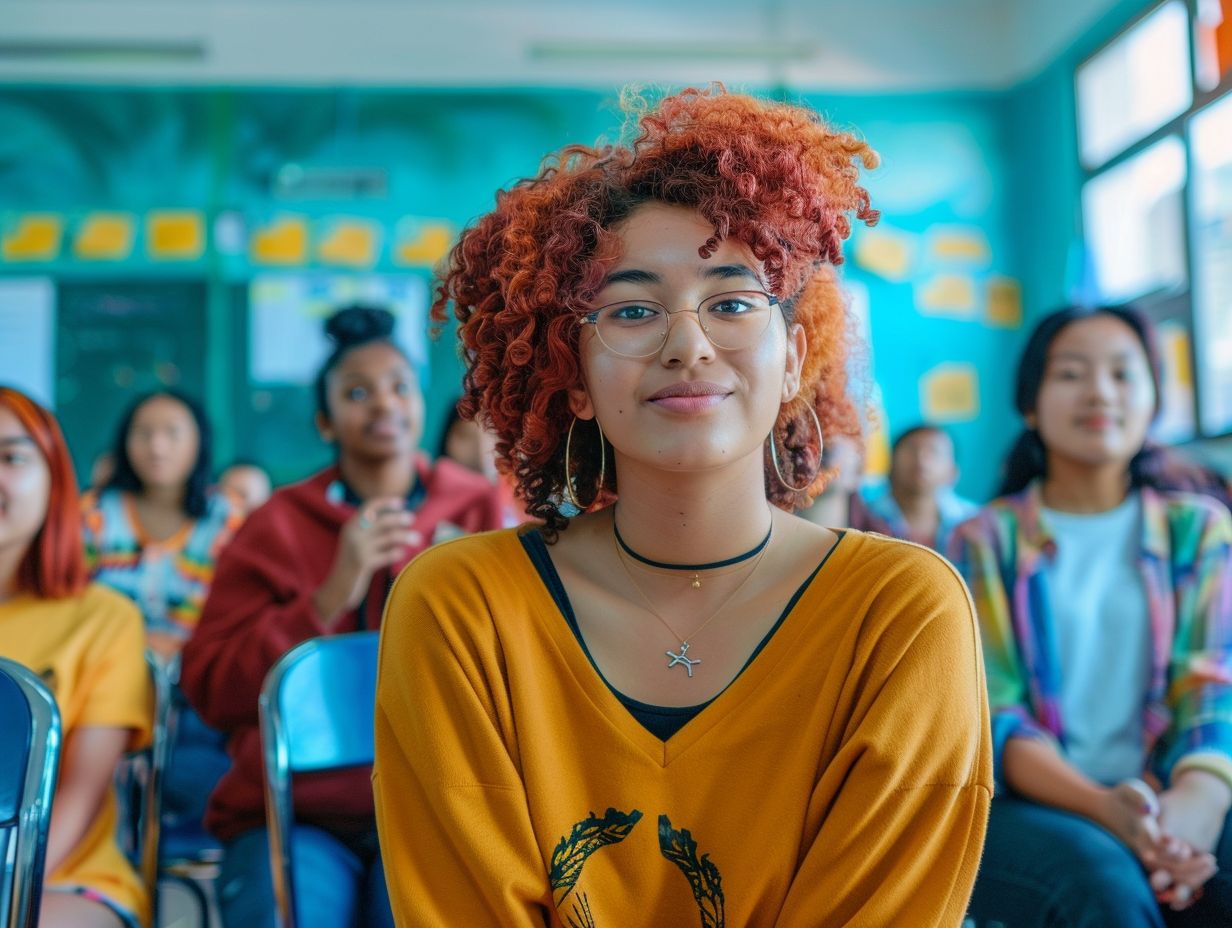

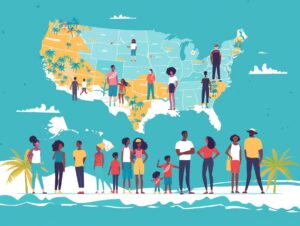
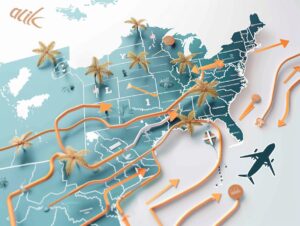

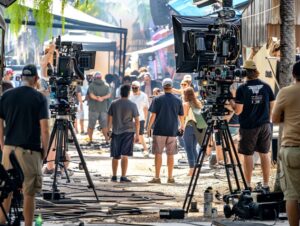






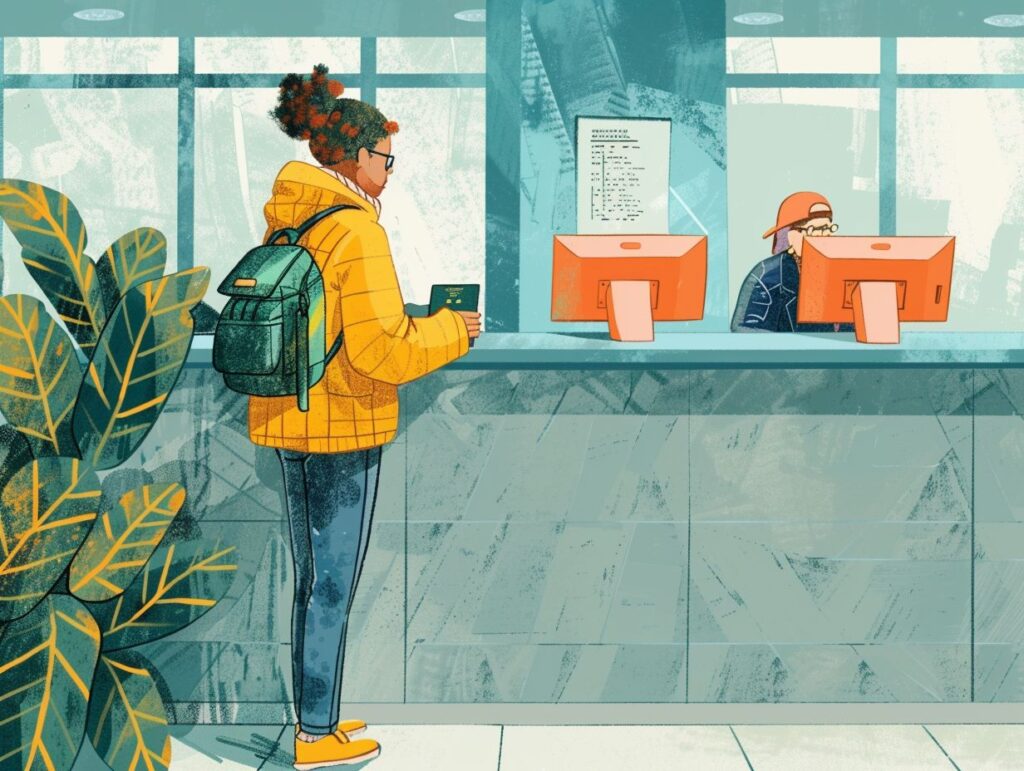
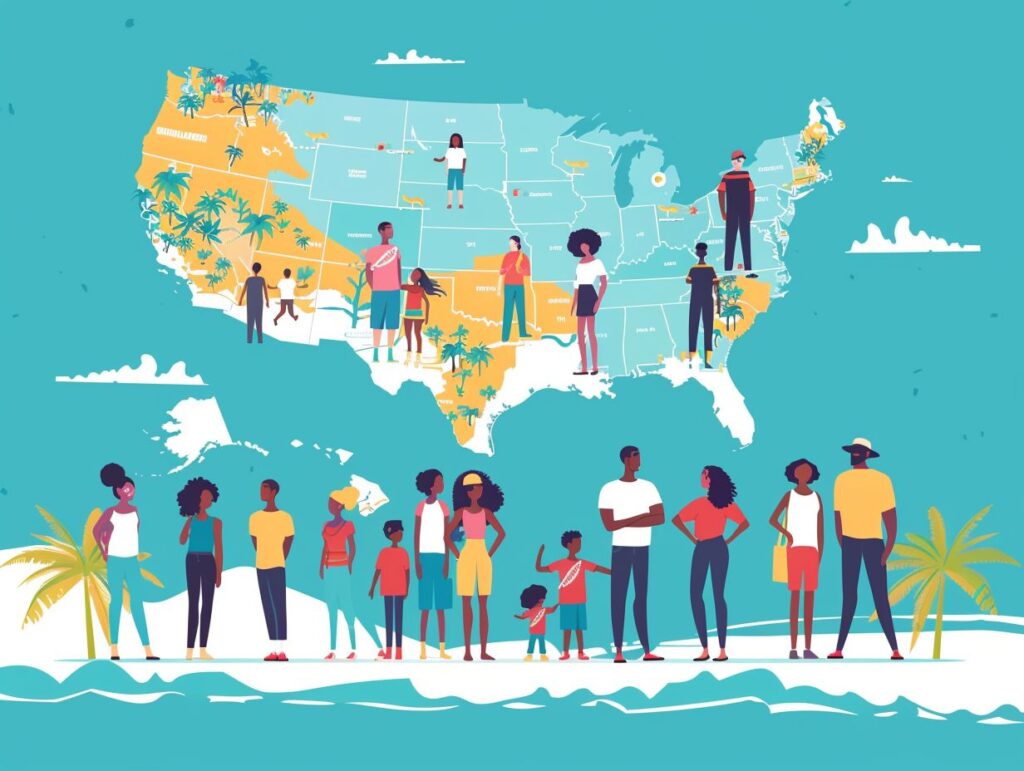
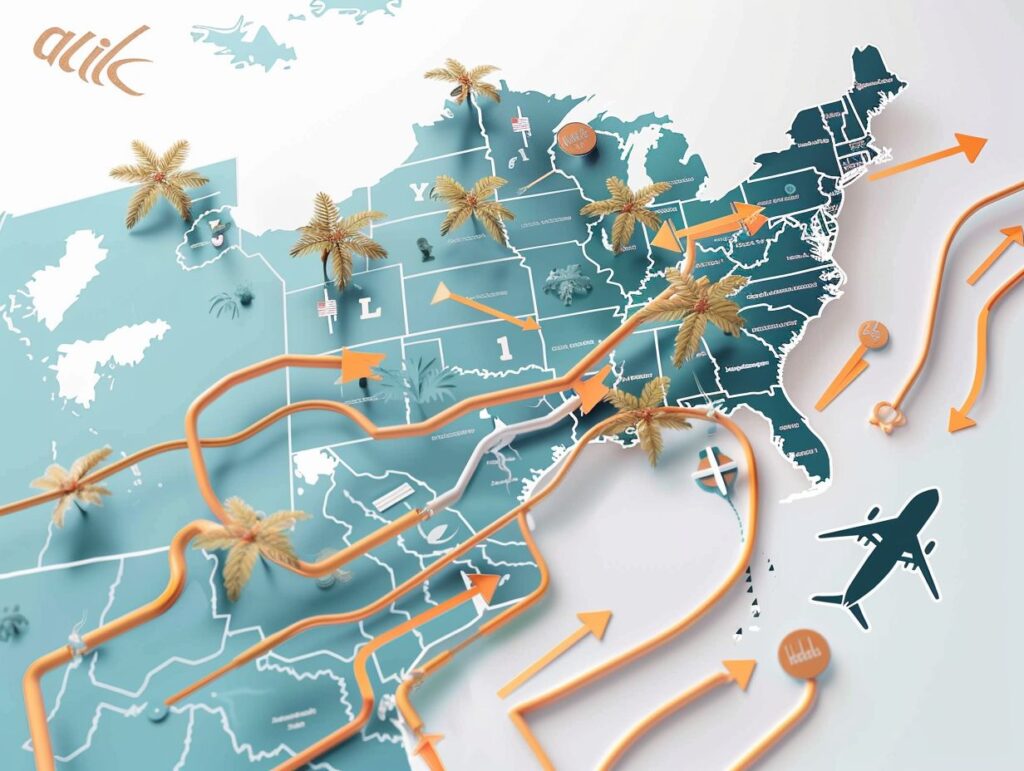




Rate this article:
No Comments yet!